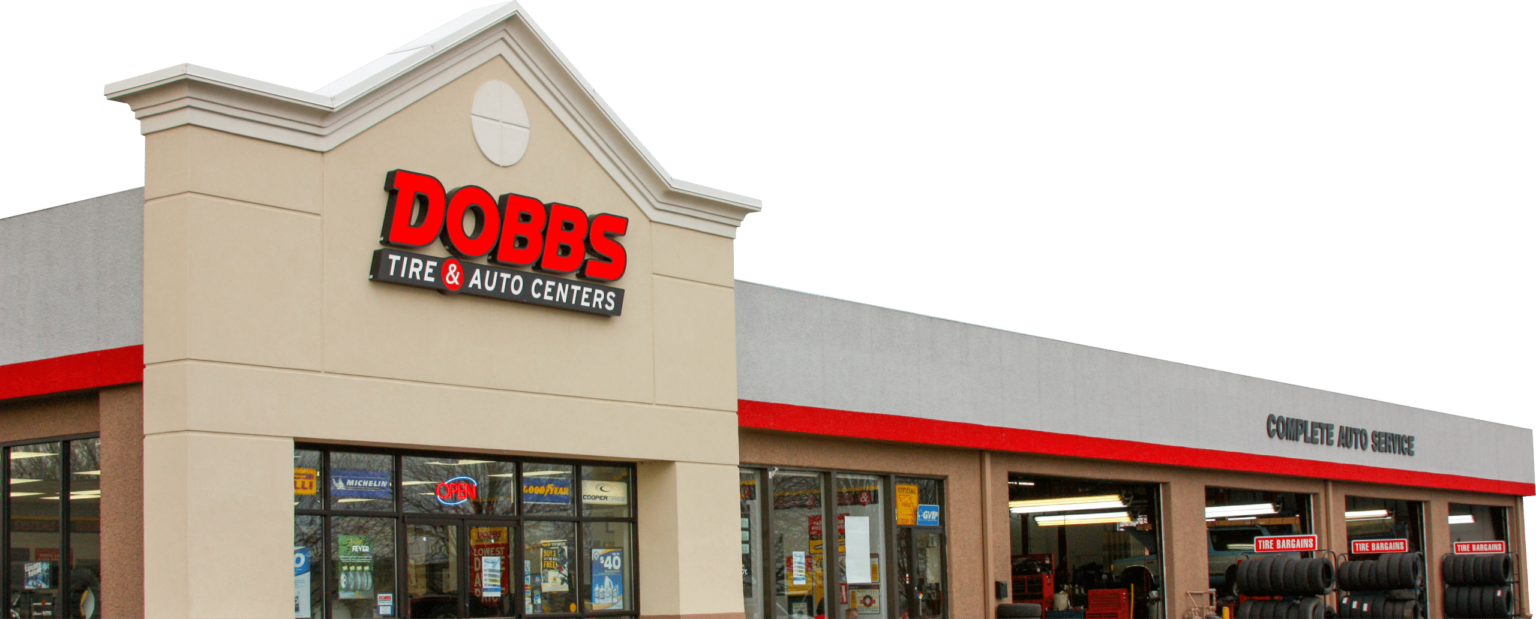Control Modules
What are Control Modules?
Not even fifty years ago, automobiles were purely electromechanical creations, everything controlled by simple electrical and mechanical concepts. It worked, but it wasn’t always the most efficient or most powerful. To improve engine performance, increase fuel economy, and reduce emissions, automakers turned to electronic controls, which offered better accuracy and precision. The first control modules appeared only in the early 1970s, at first on ignition systems, but eventually controlling and monitoring practically every automobile function.
When referring to control modules, most people think of the engine controller or transmission module, as these are arguably the most critical. In the modern automobile, dozens of electronic control modules are responsible for controlling everything from the dome light and power locks to the engine and transmission. Really, nearly everything in the modern automobile is controlled this way.
Why are Control Modules Important?
Using sensors and actuators, control modules can sense and react in fractions of a second, resulting in more precision and higher accuracy. The ABS (anti-lock brake system) can detect wheel lockup in an instant, releasing and applying a single brake as fast as 15 times per second. The ECM (engine control module) monitors dozens of sensors to fine tune fuel trim, variable valve timing, and spark timing for performance and fuel economy control. Even something as “simple” as a power sliding door or power hatch is run by one or more control modules, using speed, position, and limit sensors to control electric motors and latches.
Because they are constructed and programmed for specific tasks, control modules are fairly robust, but they may be susceptible to impacts, electrical disturbances, or voltage spikes. A bad seal or cracked case could allow water or humidity and corrosion. Electrical problems outside the module, false information to the module, could result in undesirable behavior in whatever system it controls.
What can Dobbs Tire & Auto Centers Do for You?
Diagnosing control module faults isn’t always an easy task, requiring trained and experienced technicians and sensitive diagnostic tools. At Dobbs Tire & Auto Centers, our ASE Certified technicians have the specialized training required to trace electrical and electronic faults, whether they lie in the electrical system or in the control modules themselves. When it comes to control module faults, a systematic approach can reveal the appropriate repair or replacement necessary. Don’t guess, but seek professional and competent diagnosis of your control modules at one of our 43 locations in the St. Louis area.
“You Can Depend on Dobbs” – Dobbs Tire & Auto Centers, Home of the Fixed Forever Service Warranty. Locally and Family Owned Since 1976
